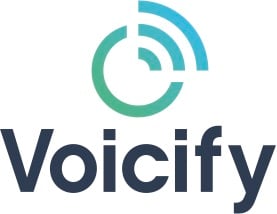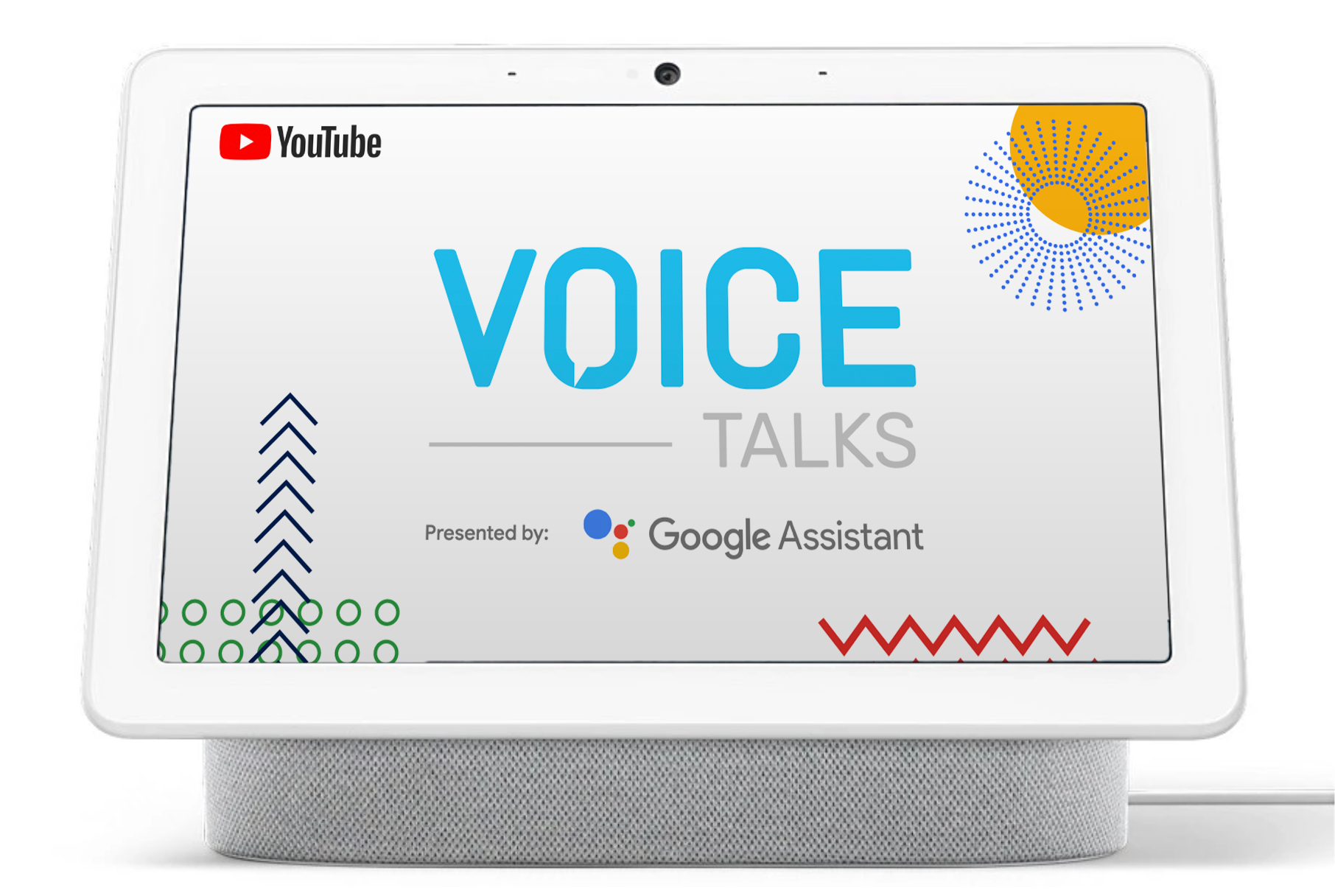
On Creating a Voice Skill without Code and Building a Voice-First Business

In Episode 58 of Inside VOICE, we spoke to Witlingo Founder and CEO, Ahmed Bouzid, on how business folks can dive into Voice without a huge upfront investment or an army of IT pros. We also picked his brain for golden nuggets of advice that hopeful entrepreneurs looking to launch their own voice-first business will want to know. (This episode is just a goldmine of information!)
But first, let's get into creating a Voice skill without dropping a single line of code.
Launching a Voice skill without coding
Here's some good news: even if you're not a developer, conversational designer, or any kind of "hardcore" Voice professional, you can still create a Voice skill using content you already have and basic drag-and-drop skills you use every day.
This is what Ahmed was striving to achieve when he founded Witlingo, a software-as-a-service company that allows people in business roles to launch their own Voice skills. "A Voice skill is all about the content," he says, "so in a nutshell, our tool is a content management system for audio to be delivered in the context of a conversation. The customer asks a question and gets an answer."
So, how do you create a Voice skill with it?
Ahmed says you start by poking the Witlingo team through their website. They'll set up an account for you and give the 101 on all the cool features you can use. After that, it's up to you to upload the content that your Voice skill will need. (Don't panic, you probably already have that content laying around.)
"Usually, people running a business already know the top ten questions their customers ask. So they just have to take those questions and create a Voice version of them," he says.
For this, Ahmed says you can simply record the answers yourself or enlist a professional (through Witlingo) to record it for you. Then, Witlingo takes your recordings and publishes them as an Alexa skill, Google action, or Bixby capsule in a matter of few days. Voilà.
Additionally, you'll have a dashboard to keep track of how your skill is doing, whether you need to add more questions, or upload a better answer. It's your skill, and it's your content, so you can tweak and fiddle with it as much as you like.
Building a voice-first business
Ahmed is no stranger to the difficulties of launching a business. "Restaurants have been around for hundreds of years, and still, it's very difficult to pull off a new restaurant!" he says. Even so, back in 2016 when Alexa was more of a party trick than a daily necessity, Ahmed went ahead with his business idea in an industry that needed to catch up.
"Voice is an emerging space," he explains, "so building a business in a brand new category has multiple layers of challenges and opportunities."
To help upcoming Voice business owners overcome those challenges, here are four important things Ahmed wants you to know:
1. Find customers first
No matter how you spin it, building a business requires money. As Ahmed puts it: If you don't get paid, you won't survive.
"Focus on getting customers," he recommends. "Look for folks who who have shown signs in the past of pushing the innovation envelope, that they are willing to jump. Find those customers who are willing to pay money for launching skills."
At Witlingo, they managed to string together six of those magical customers to get through their first year.
2. Find a problem only Voice can solve better
Converting everything to Voice won't automatically launch you to stardom. You need to find a real problem that current interfaces can't solve well enough—that Voice could solve infinitely better.
For example, Witlingo works with assisted living homes where keeping their residents active is top priority. So the home prints an activity calendar—movie at 2 pm, bingo at 4 pm, the usual. The problem was the calendar was hard to read, difficult to update in a pinch, and residents had to call someone to ask follow-up questions.
Witlingo recognized the problem and promptly converted the calendar to an Alexa skill. Suddenly, residents could easily ask what was happening that day and get the most updated information at all times. It was a simple, convenient solution to something that a screen wouldn't have done any better. (Plus, as you know, older adults really love Alexa.)
3. Build a committed team
Having the right people on your team is important in any business setting, but Ahmed considers this to be crucial.
Building a business is hard enough, but doing it in an emerging industry is even tougher. If your team isn't prepared to stand by you while you jump through the loops, you'll find it much harder to make it to the finish line.
4. Play the long game
"The market needs to catch up with you," says Ahmed for his final pointer.
At this point, the benefits of Voice are widely known. But there will always be customers who don't really see the value of what you've created. So, Ahmed encourages you to stick around, keep pitching and poking, figure out what's stopping them and remove those obstacles. Play the long game.
"By the time [the market] catches up with you, either you have survived and now you're ready for them, or you have not survived because you spent resources on solving problems that people are not willing to pay for."
Listen to the podcast
And that's your written summary of the episode with the wise Ahmed Bouzid. If you want to listen to the entire interview and get those extra details that didn't make it to this post, you can find his episode right here. While you're at it, go ahead and browse what other insightful interviewees are saying on our Inside VOICE podcast.
To connect with Ahmed, he'd like you to know he's "quite active" on Twitter and LinkedIn, so feel free to ping him there. Of course, you can also visit Witlingo and connect with his team to get started on your own voice skill.
Lastly, if you're looking to connect with more people like Ahmed in person, get ahead and check out VOICE Summit! It's the annual meeting place for everyone in this blossoming industry, whether you're already in Voice or want to be. It's like a giant family reunion where you can casually chat with a conversational designer from Google and clink glasses with the lead Voice developer at Samsung. Everyone is welcome, and tickets are already up for grabs.









